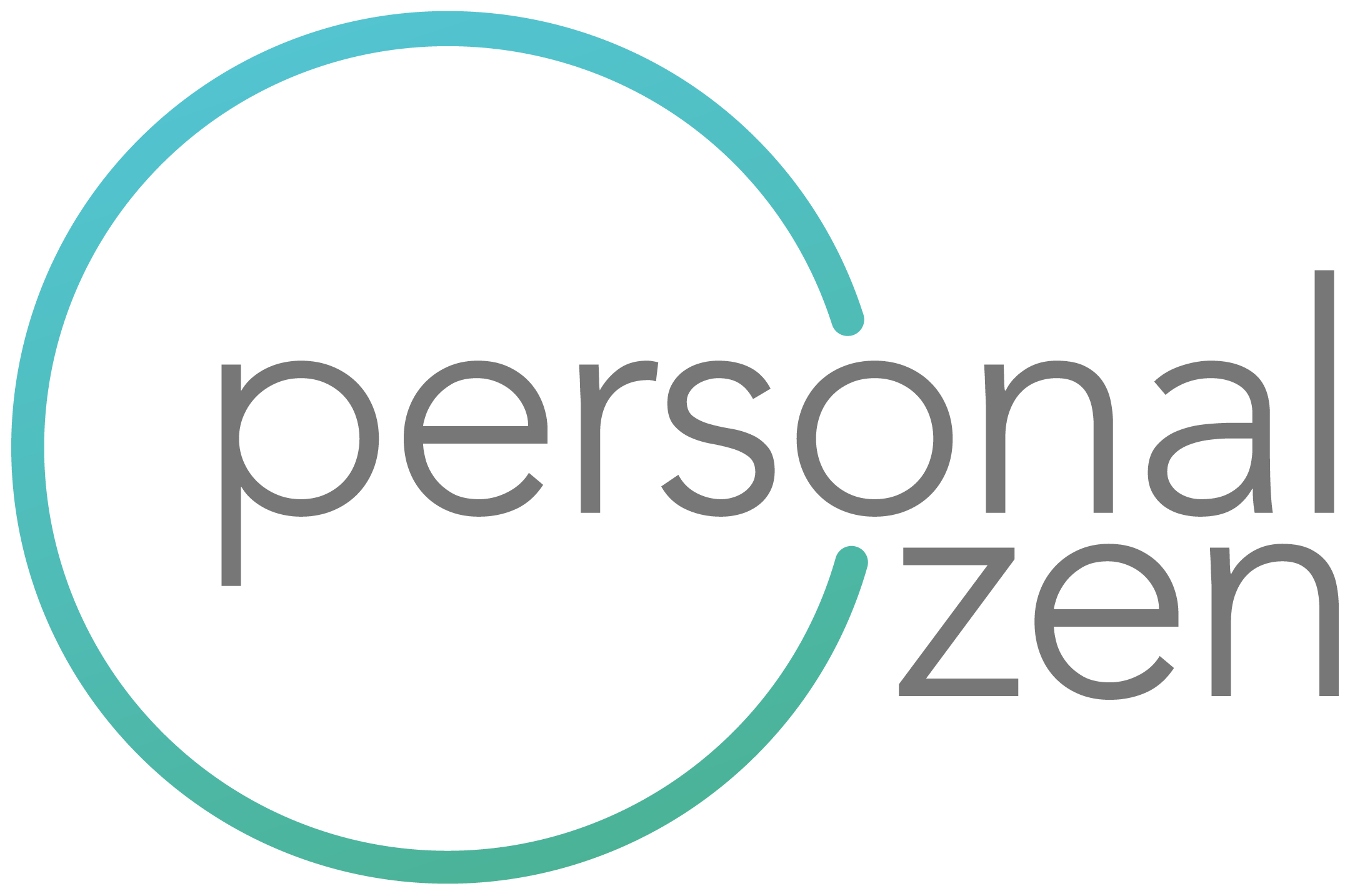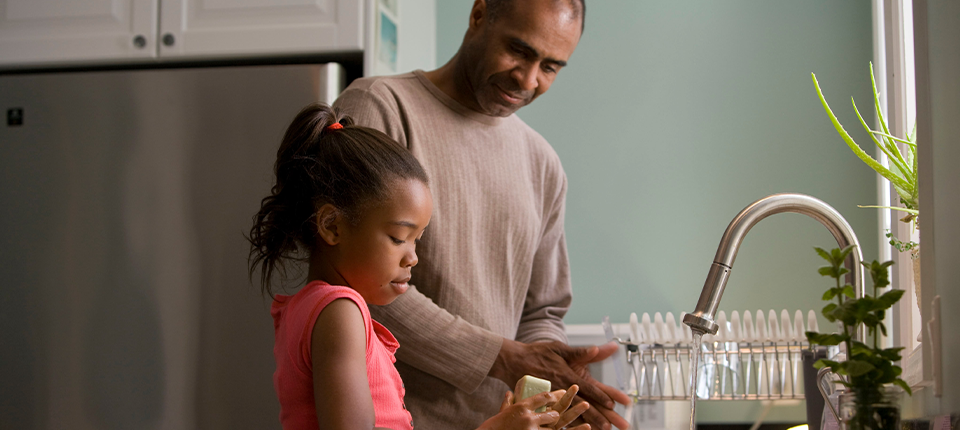As featured in Psychology Today.
As the coronavirus continues to spread world-wide, many of us are feeling worried and overwhelmed, amplified by the intense media coverage of this global pandemic. As concern grows, our stress and anxiety levels are rising with it.
It is perfectly normal to feel stressed and anxious given the uncertainty surrounding this health crisis but it is important that we manage our anxiety and practice self-care to keep our immune system strong when we need it the most.
Stress Affects the Immune System
Stress and anxiety can have detrimental effects on the body’s defense system for fighting infections and diseases. When we experience stress, our bodies produce greater amounts of stress hormones such as cortisol. At first, cortisol boosts immunity by reducing inflammation, but over time excess levels of cortisol have the opposite effect and start to increase inflammation. This in turn overworks the immune system and compromises its ability to protect us. Stress and anxiety also decrease the body’s production of infection-fighting white blood cells. Thus, it is critical to manage our stress and anxiety, especially when we need it working at full capacity.
Combating Stress & Anxiety
We should all be taking smart public health steps such as self-isolating and washing our hands. Luckily, there are many ways to pursue stress and anxiety reduction from the comfort of our own homes.
1. Exercise
Exercise reduces stress levels and improves the body’s fitness level which in turn boosts our immunity. While we should consider staying away from crowded public areas such as gyms, outdoor activities are a great option. Consider adapting your current routine to include walking, running, or cycling.
2. Apps for Stress and Anxiety Reduction
Now is the perfect time to explore digital wellness tools, which don’t require public forays or appointments with fully booked healthcare professionals. Try Personal Zen, a new clinically validated digital treatment for reducing stress and anxiety – developed by yours truly. Personal Zen is designed to be a ‘micro-intervention,’ effective when used only a few minutes a day, a few days a week. The science-backed app is available to users for free! Calm is a mindfulness and meditation app that provides guided meditations and breathing exercises along with ‘bedtime stories.’ Monthly subscriptions are $14.99 with an annual subscription of $69.99. Headspace also provides users with guided meditations and can be modified to address different needs, such as stress, anxiety, and sleep. Headspace monthly subscriptions are 12.99 with an annual subscription of $69.99.
3. Control What You Can: Smart Public Health Practices
Controlling what you can in uncertain times can actually reduce stress, but being a control freak does not. Identify those things you can control and do them. For example, take precautions in public and follow recommended practices like washing hands and avoiding touching your face. Keeping extra food in the pantry is a good idea, in case supply chains are interrupted. Going overboard and hoarding might be less helpful.
It’s natural to feel overwhelmed. If you do, don’t hesitate to reach out for help from your healthcare provider or you can contact the national crisis text line.




